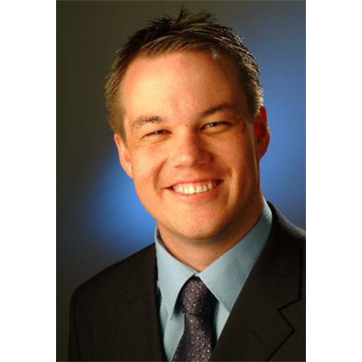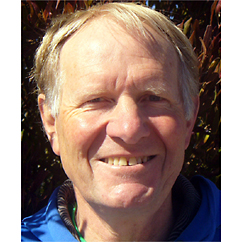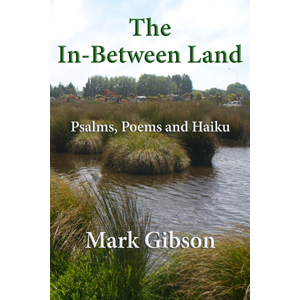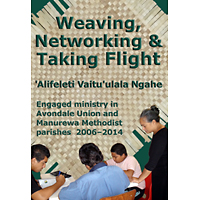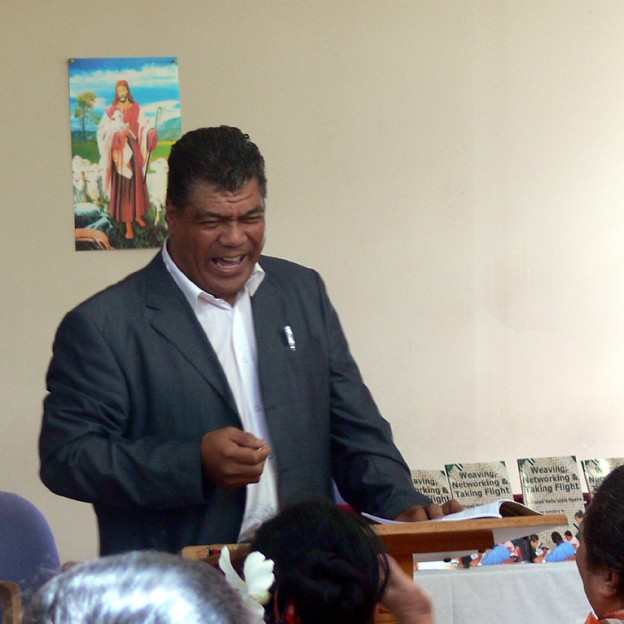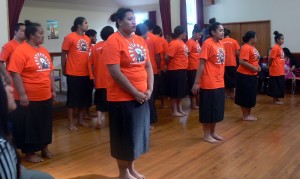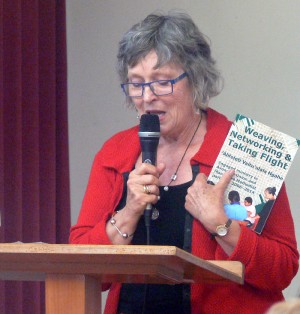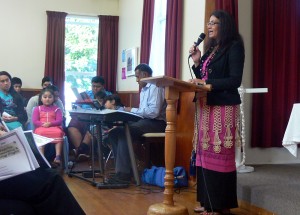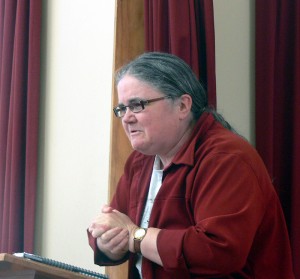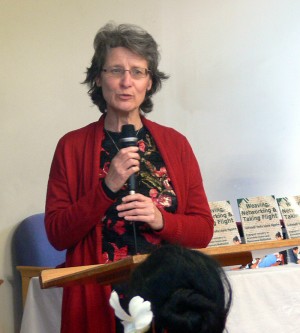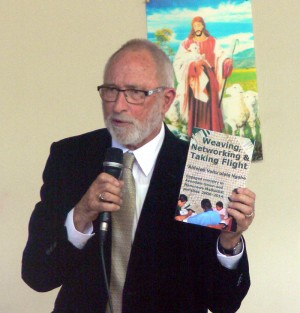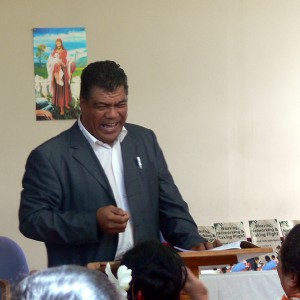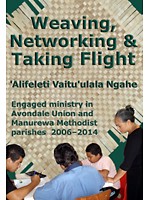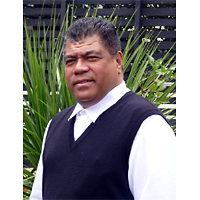Review by Daniel Newman – former chairman, Manurewa Local Board
Weaving Networking and Taking Flight
“When Rev Vaitu’ulala Ngahe’s hands come together in prayer, I imagine big strong hands that comfort the lonely and the sick. I imagine hands that direct public service and selfless giving to others. I imagine hands that build furniture, till soil to build gardens and wield paint brushes to beautify public places.
The central theme of Weaving, Networking and Taking Flight is a contemporary perspective of Godly public service, the principle of applying a theological perspective to communities within Aotearoa New Zealand. It is an inspiring narrative of service that provides an insight into the progressive perspective of the Methodist Church of New Zealand.
Rev Vai puts at the heart of his journey an understanding that ministry is intrinsically linked to human need. The narrative of the book communicates his concern for social justice and human happiness, which goes hand and hand with ministry teachings and spiritual nourishment.
The book is a story of collective advocacy. Rev Vai is a sophisticated thinker. His days in Avondale and more recently in Manurewa reveal his appreciation of networking, building relationships, forming alliances, working collaboratively and communicating his message of service to others through multiple mediums.
The narrative is reflective. Rev Vai offers an insight into nine years of ministry and the importance of building healthy and hopeful communities. He reflects upon a holistic notion of health and hope, which requires an equal attention to the spiritual, physical, emotional and cultural well-being of the whole community. He ties this reflection back to Christ’s transformative work among the people and communities of his day.
The connection between the selfless giving of Christ and the transformative work of contemporary Christians has not changed through the generations. To this end Rev Vai provides an insight into how service can and should be offered to those around us. It is a lesson for all of us, not just those who minister and tend to our spiritual needs.
The book tells the story of three people who tagged buildings. Those people asked Rev Vai if they could join the church community, to which he replied that they were more than welcome to come. It is through this process of reconciliation that Rev Vai led a renaissance within the hearts of those people, as well as some initially ambivalent members of the wider church community.
Rev Vai asks the church to live out its theology of hospitality, a challenge that demands a leap of faith. He invites people with complex lives and challenging histories to become equal partners in the house of the Lord. The Manurewa Methodist Church is located on ‘the corner of hope.’ Through his work Rev Vai encourages people to throw open its doors to all; no one is declined the opportunity to enter under its roof.
Weaving, Networking and Taking Flight is a story of one man’s journey. It is a blueprint for service that provides an insight into ecumenical leadership in the context of communities in south and west Auckland.
From the days of the early missions to this land, from the early Wesleyan missionaries at Mangungu, at Kawhia, Manukau, Kaipara and Raglan, the Methodist Church of New Zealand has always placed great currency on the bi-cultural foundation of Aotearoa New Zealand. Methodist teachings acknowledge the foundational role of Te Tiriti o Waitangi, the importance of personal virtue, the value of sobriety, equality, and peace.
Weaving, Networking and Taking Flight contextualises these principles in the modern world. It is a story of inspired service.
People should read Weaving, Networking and Taking Flight. This book is a blueprint for those people who want to help build a stronger community, but who do not know where to start. The way to serve is outlined within its pages.”
Daniel Newman, June 2015

